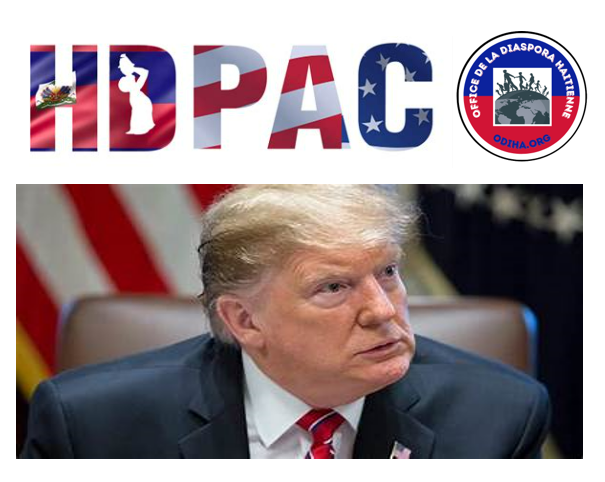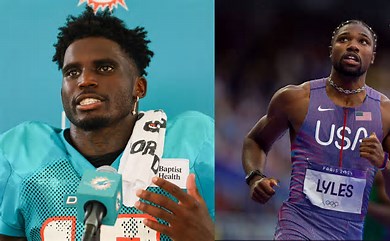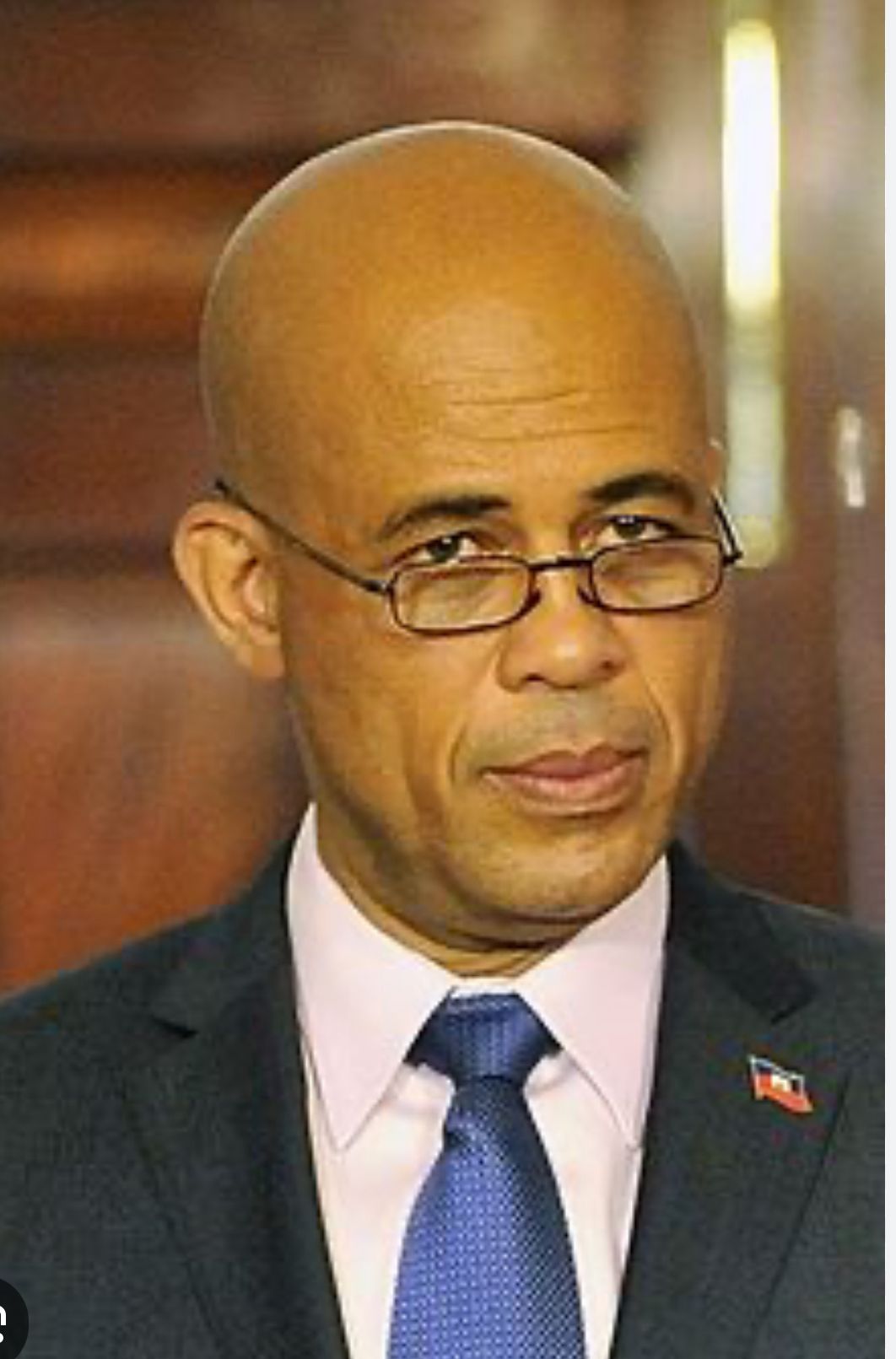|
Getting your Trinity Audio player ready...
|
Washington, DC – The Supreme Court ruled on Monday that former President Donald J. Trump is entitled to some level of immunity from prosecution. This decision, with a vote of 6 to 3 that divided along partisan lines, may effectively delay the trial of the case against him on charges of plotting to subvert the 2020 election.
Mr. Trump contended that he was entitled to absolute immunity from the charges, relying on a broad understanding of the separation of powers and a 1982 Supreme Court precedent that recognized such immunity in civil cases for actions taken by presidents within the “outer perimeter” of their official responsibilities. Lower courts rejected Mr. Trump’s claim, but the Supreme Court’s ruling, with its potential to delay the case enough that Mr. Trump could make it go away entirely if he prevails in November, could significantly impact the case’s outcome.
Here’s what to know:
The ruling: The justices said that Mr. Trump is immune from prosecution for official acts taken during his presidency but that there was a crucial distinction between official and private conduct. The case returns to the lower court, which will decide whether Mr. Trump’s actions were in an official or private capacity.
The charges: The former president faces three charges of conspiracy and one count of obstructing an official proceeding, all related to his efforts to cling to the presidency after his 2020 loss. He was indicted last August by the special counsel, Jack Smith, in one of two federal criminal cases against him; the other relates to the F.B.I. raid on his private club, Mar-a-Lago, in August 2022 that recovered missing government documents.
Lower courts ruled against Trump: The trial judge, Tanya S. Chutkan of the Federal District Court in Washington, denied Mr. Trump’s immunity request in December. “Whatever immunities a sitting president may enjoy, the United States has only one chief executive at a time, and that position does not confer a lifelong ‘get-out-of-jail-free’ pass,” she wrote.

A unanimous three-judge panel of the U.S. Court of Appeals for the District of Columbia Circuit agreed in February, saying that “any executive immunity that may have protected him while he served as president no longer protects him against this prosecution.”
The timing: Even before the ruling, the court’s decision to take up the case already helped Mr. Trump’s strategy to delay his prosecution until after the November election. With this ruling, the prospects for a trial before the election seem increasingly remote. If Mr. Trump prevails at the polls, he could order the Justice Department to drop the charges, significantly impacting the timing of the trial.
Other Jan. 6 cases: The court heard two other cases this term concerning the Jan. 6 attack on the Capitol, both of which relate to Mr. Trump. One — an attempt to bar Mr. Trump from the ballot in Colorado under Section 3 of the 14th Amendment, which made people who engage in insurrection ineligible to hold office — was unanimously rejected in March. The other limited the use of a federal obstruction law to prosecute members of the mob who stormed the Capitol. Two of the four charges against Mr. Trump are based on that law.






